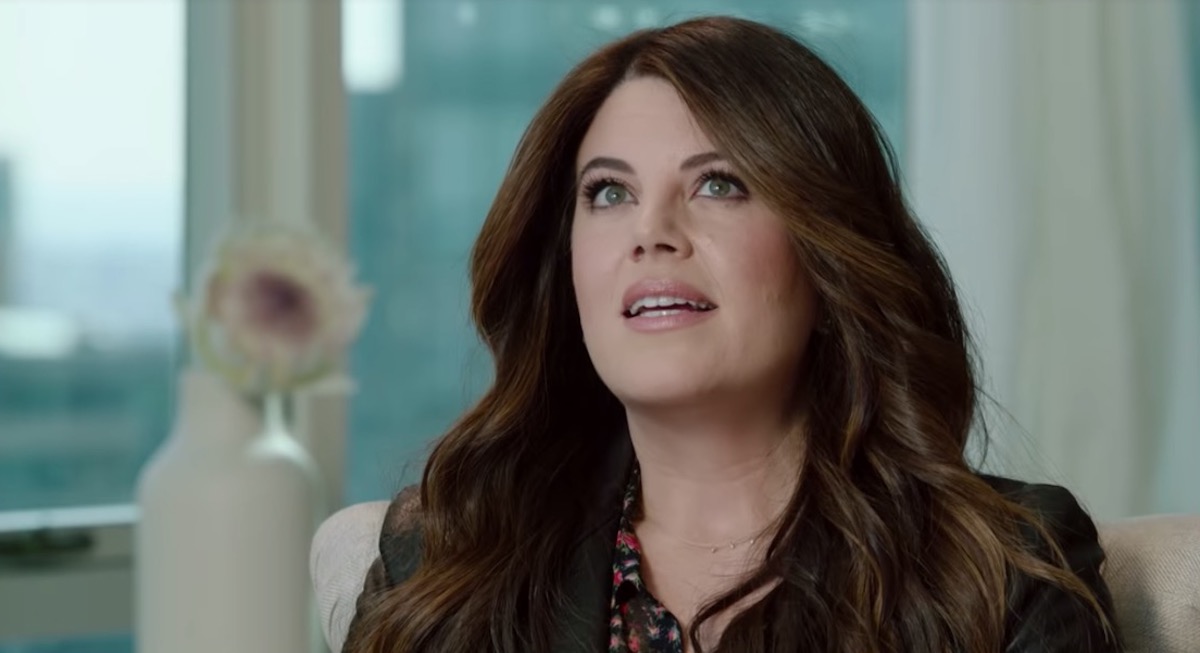John Oliver’s Interview With Monica Lewinsky Is a Must-Watch

On this weekend’s Last Week Tonight, John Oliver devoted the show’s main segment to the idea of public shaming. With the advent of the internet, and especially social media, we live in a Golden Age of public shaming, and that is, for the most part, not a great thing. It feels like we’re all constantly filming each other and sharing videos of strangers without their permission, sometimes racking up thousands or even millions of views.
Sometimes those videos show an instance of racism, as we’ve seen with the trend of recording white people calling the police on Black people who are committing the perceived crime of simply existing in public. Sometimes it’s regarding racist, homophobic, misogynistic, or otherwise bigoted language from a public figure like Tucker Carlson. Public shaming can be a good thing. It can shine a light on an underrecognized problem and it has the potential to effect real change.
But all too often, public shaming is an aggressive pile-on aimed at a person who is not a public figure and is just trying to live their life. It’s often rooted in a misunderstanding or a deliberately false narrative. And it has the potential to ruin a person’s entire life.
John Oliver ran through all of this before diving into an interview with the person who has described herself in the past as “patient zero” of internet shaming: Monica Lewinsky.
In recent years, Lewinsky has become a vocal anti-cyber-bullying activist. She gave an absolutely incredible TED Talk and started an anti-bullying campaign. She also doesn’t talk much about the events of the 1990s that made her name into a household punchline. When she chooses to discuss it, she makes it clear that she’s reclaiming control of her own narrative. As such, her interview with Oliver is powerful stuff.
To start, Lewinsky is freaking hilarious. It took her a long time, though, to be able to make jokes about what she went through. Or, say, to be able to go to a 90s-themed costume party dressed as herself. For a long time, she was living under what she describes as “an avalanche of pain and humiliation.”
The way Lewinsky was talked about at the time was disgusting. News outlets and late-night comedy shows alike commented on her appearance, her weight, her sexuality, her morality. Jokes at her expense were lazy and they were ubiquitous. Even John Oliver had to own up to a gross joke he made about her ten years after the fact. There was, apparently, nothing funnier than slut-shaming a 22-year-old White House intern who had just had her sexual exploits outed and her heart stomped on by the most powerful man in the world.
Monica Lewinsky has always taken responsibility in her role in her affair with Bill Clinton. But the ways in which she was discussed, dissected, and mocked afterward were rooted in sexism and in power imbalances. Lewinsky got her graduate degree years later, and even after that, she had trouble finding a job because her name was synonymous with Bill Clinton’s presidential scandals. Oliver asks her if she ever considered changing her name.
She didn’t because, for one thing, her face is also fairly recognizable, so it likely wouldn’t have even worked. But she also says that “it was also a principle in the sense that Bill Clinton didn’t have to change his name. Nobody’s ever asked him did he think he should change his name. And so I think that that was an important statement.”
“I’m not proud of all my choices in life but I’m proud of the person I am,” she says.
Oliver’s interview with Lewinsky is a must-watch, and if you’re looking for an in-depth breakdown of what happened to her in the 90s, including a painful look at the media coverage of the time, I highly recommend the season two of the Slate.com podcast Slow Burn.
(image: screencap)
Want more stories like this? Become a subscriber and support the site!
—The Mary Sue has a strict comment policy that forbids, but is not limited to, personal insults toward anyone, hate speech, and trolling.—
Have a tip we should know? tips@themarysue.com